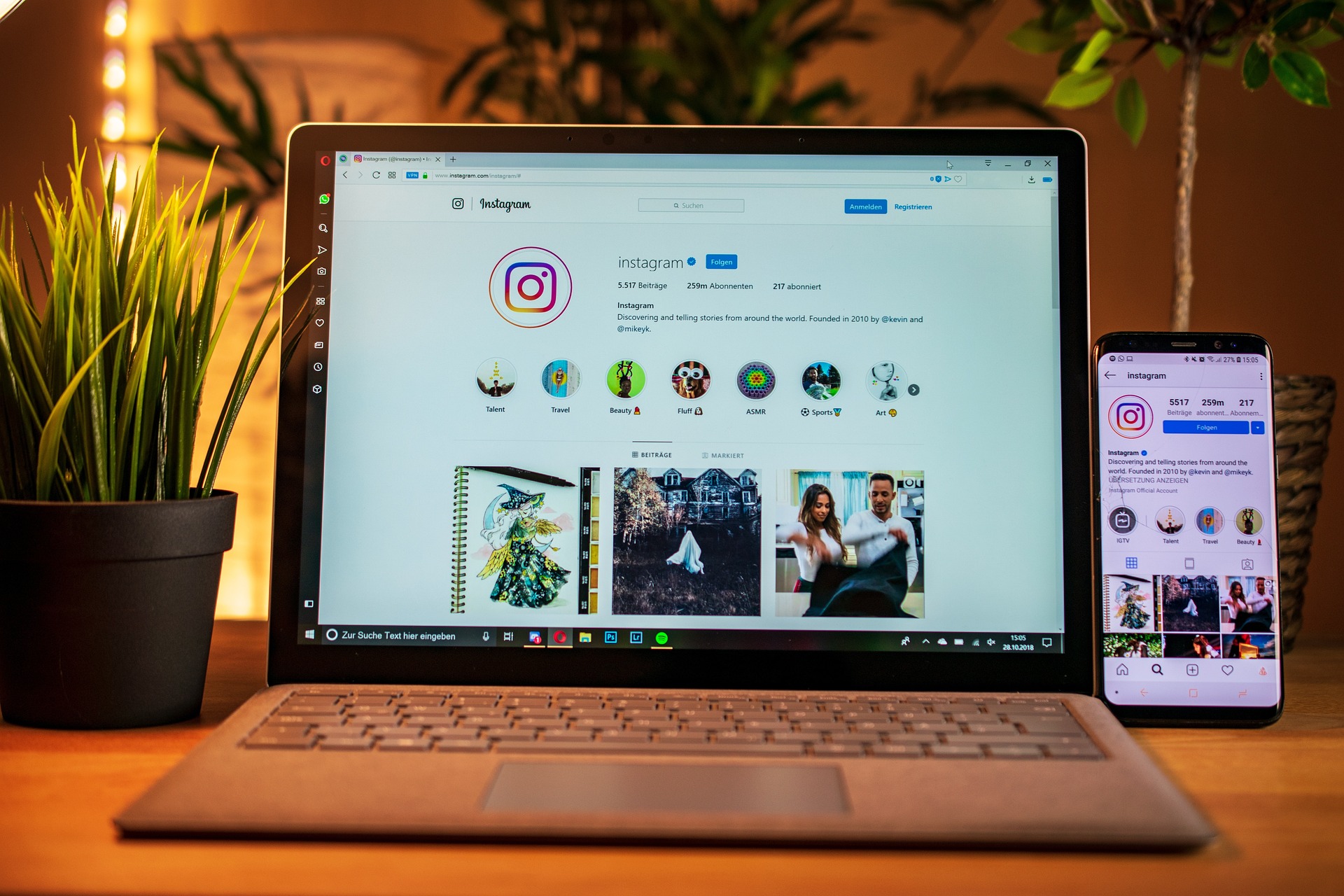Social media influencer marketing is a form of marketing that leverages the power of social media influencers to promote a brand or product to their audience. Social media influencers are individuals with a large and engaged following on social media platforms such as Instagram, YouTube, TikTok, and Twitter. By partnering with influencers, brands can tap into their audience and leverage their influence to promote their products or services.
Social media influencer marketing typically involves a collaboration between a brand and an influencer, where the influencer creates content that promotes the brand’s products or services. This can include sponsored posts, product reviews, giveaways, or other types of content that align with the brand’s marketing objectives. The goal is to create content that feels natural and authentic to the influencer’s audience, while also showcasing the brand’s products or services in a positive light.
Social media influencer marketing has become a rapidly growing industry over the past decade. As social media platforms have become increasingly popular, so too has the power of social media influencers to shape consumer behavior and influence purchasing decisions. In fact, according to a survey by Influencer Marketing Hub, 63% of marketers plan to increase their influencer marketing budget in 2021.
One of the key advantages of social media influencer marketing is the ability to reach a highly targeted and engaged audience. Influencers often have a loyal following of individuals who trust and value their opinions and recommendations. By partnering with influencers who align with their target audience, brands can effectively reach their ideal customer and drive engagement and sales.
Social media influencer marketing can also be a cost-effective way for brands to promote their products or services. Rather than investing in expensive advertising campaigns or traditional marketing channels, brands can leverage the power of influencers to reach their target audience at a lower cost. Influencers may charge a fee for their services, but this is often less expensive than traditional advertising channels and can provide a higher return on investment.
Another of the key benefits of social media influencer marketing is the ability to build trust and credibility with consumers. Social media influencers are often viewed as relatable and trustworthy individuals, and their recommendations and endorsements can carry significant weight with their audience. By partnering with influencers who align with their values and messaging, brands can build trust with their target audience and establish themselves as a reputable and trustworthy brand.
Another benefit of social media influencer marketing is the ability to create highly engaging and shareable content. Influencers are skilled at creating content that resonates with their audience and drives engagement, whether it’s through entertaining videos, inspirational posts, or informative reviews. By partnering with influencers to create content that promotes their brand or products, brands can tap into this creative talent and create content that is both engaging and effective.
Social media influencer marketing also offers the potential for increased brand awareness and reach. Influencers often have a large and engaged following on social media, which can provide brands with access to a wider audience than they might otherwise be able to reach through traditional marketing channels. By partnering with influencers who have a similar target audience, brands can increase their exposure and reach new potential customers.
However, there are also some challenges and potential drawbacks to social media influencer marketing. One challenge is the potential for influencer fraud or fake followers, which can impact the effectiveness of a campaign and lead to a waste of resources. Brands should be diligent in their selection of influencers, and work with agencies or tools that can help verify the authenticity of an influencer’s following.
Another potential drawback is the risk of negative publicity if an influencer’s behavior or actions come under scrutiny. Brands should carefully vet their influencers and ensure that they align with their values and messaging, and take steps to monitor their behavior and content over the course of a campaign.
Overall, social media influencer marketing has become an increasingly popular and effective marketing strategy for brands looking to reach a highly engaged and targeted audience. By partnering with the right influencers and creating compelling content that resonates with their audience, brands can drive awareness, engagement, and sales in today’s social media-driven landscape. However, it’s important for brands to carefully consider the potential risks and challenges associated with influencer marketing, and work with experienced agencies or experts to ensure the success of their campaigns.

